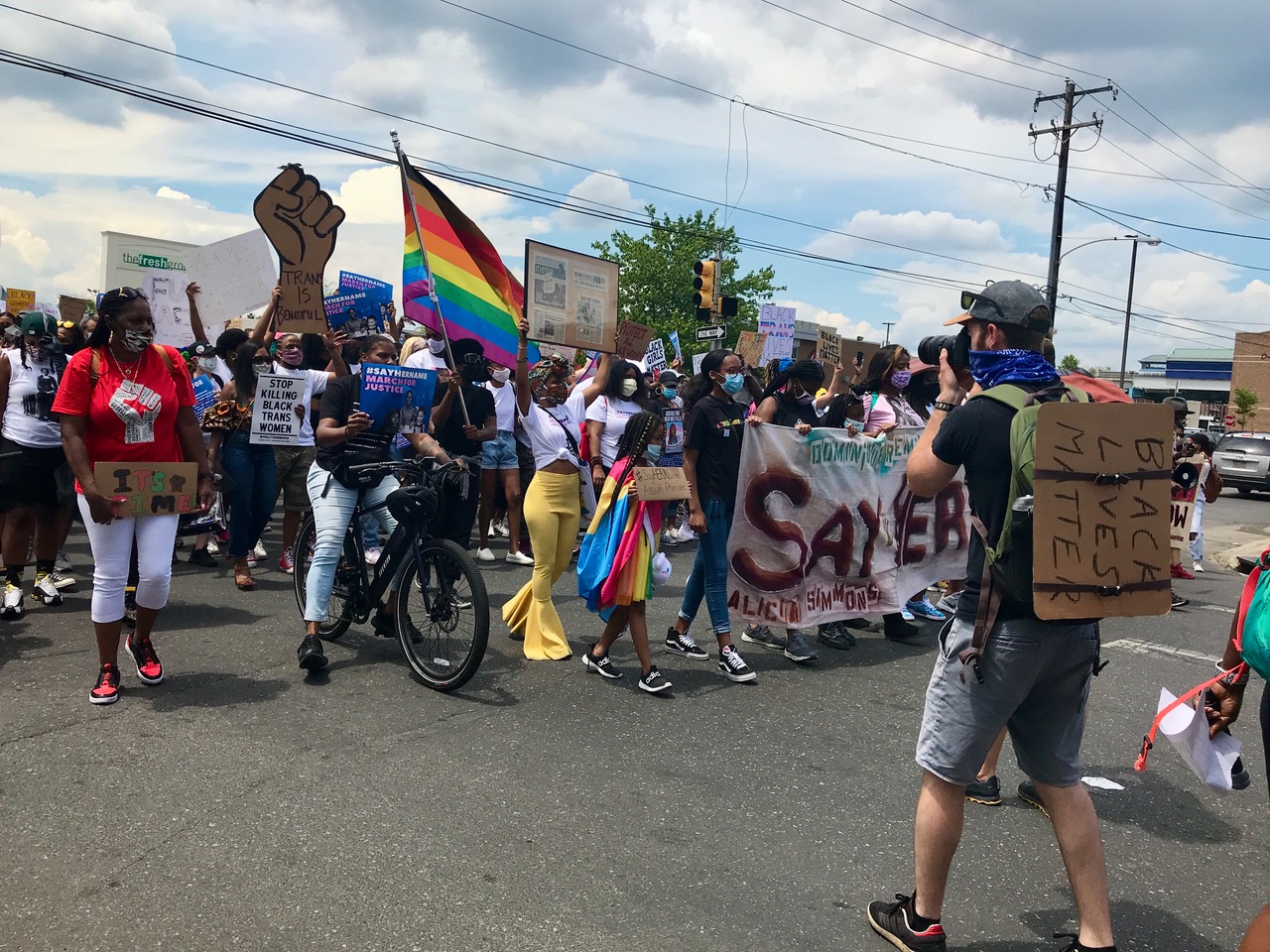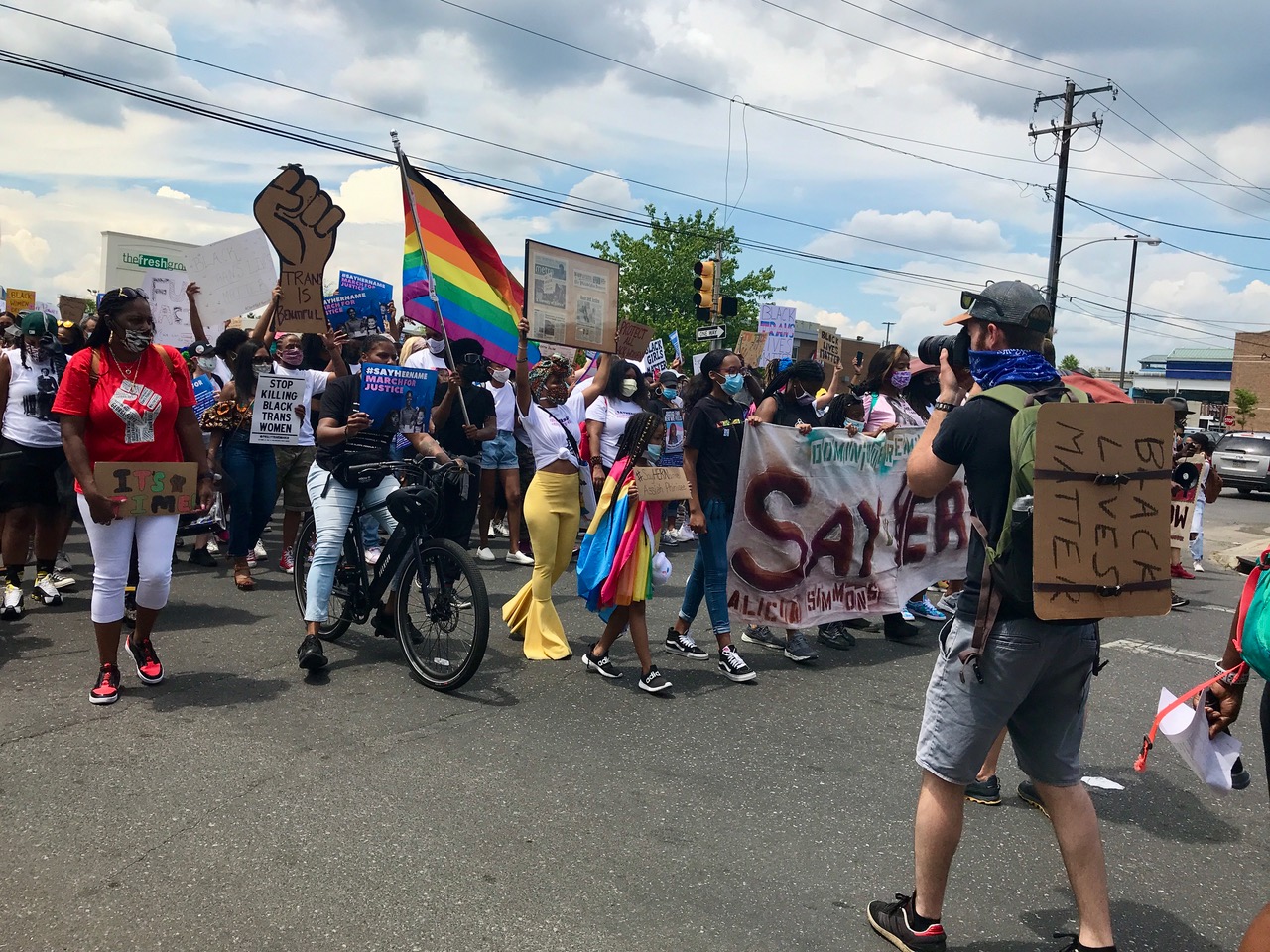Every year since I became a journalism professor, I’m asked to do this strange academic ritual called an “annual report.” In that report, I’m required to document every course I teach, every article I’ve written, every meeting of substance, every project. It’s a basic accounting of my time that the college can then use to tell me if I’m pulling my weight.
Of course it’s more complicated than that, but the process of accounting for everything I’ve done professionally always sneaks up on me, and a few days before it’s due, I’m usually scrambling to look at Facebook posts and calendar items to remember just what I’ve been up to.
Perhaps it’s the journalist in me, but when my college offered to let us write a “pandemic impact statement” as part of the annual report this year, I initially decided against it. Of course this was an extraordinary year, and of course it was hard, but I come from a news culture. When it breaks, you drop everything to cover it. Long days turn into long weeks, and you go with it. Also, as a war reporter, I don’t find anything special about an account of having made it.
But the more I reflected on the past year, the more I realized how tired — and even angry, I was. So I wrote a lead to my pandemic impact statement and said just that. “I am tired, and I’m angry.”

I realized that after more than a year living in a pandemic, trying to teach journalism and do journalism and be a parent, all in the same place, I’m really fatigued. What tires me the most is the expectation that we are returning to some kind of pre-pandemic normal. It also makes me angry.
I have spent the past 14 months trying to keep three little people safe and alive, one of whom joined our family in the fall after four difficult months adopting him from Morocco. I’m tired because I’m raising three young Black boys in America. I’m tired because I’ve been unable to separate my home life with my work life as easily as I once did or felt required to do. For a year, they’ve shared the exact same place.
I’m angry because the pandemic has exposed inequities and privilege in education, in health care, in the workplace, in caregiver roles. We are failing to address so many of these inequities as we move back to whatever “normal” is supposed to be.
I don’t want to see us move back. I don’t think back was better, at a college or in a newsroom. Back denies people with disabilities the accommodations they’ve long sought. Back denies people different ways to access the workplace and to engage with each other. At a college in particular, but across journalism platforms as well, back denies neurodiverse people the multi-modalities that they need to process information.
Rather, I want to see us move forward with all of the insights and lessons we’ve learned over the past year about how we deliver content, in the classroom or on a news platform, about social and racial and class inequality, about the accessibility and accommodations that truly enable all of us to participate.
The pandemic has been devastating to many, and the most at risk are early career women and individuals from underrepresented minorities, particularly those with caregiving responsibilities. Gender inequality and intersectionality have created huge barriers for women of color.
While I appreciate the need to strike a positive tone as we head into the fall, we are not confronting the trauma of the past 14 months and its impact on the most vulnerable members of our communities. I see us rushing back to normalcy — and I clearly understand the financial need for academic institutions, including my own, to do that. The financial pressure is similar for small news business owners. But we are doing so without recognizing the difficulties that exist and will persist in the coming months for many of us.
The challenge for all of us, in a college classroom or in a newsroom, is to figure out how we continue to dismantle the systemic racism and bias embedded in our culture and policies. They are there and to suggest otherwise gaslights the experiences of our colleagues of color or working parents, particularly mothers.
We also need to stop demanding that our employees separate their work lives from their home lives.
I, for one, am no longer willing to create several versions of myself who co-exist in order to be the mother of an autistic child, the mother of Black boys, the single parent, the journalist, the recovering war correspondent, the journal editor, the professor, the colleague. These parts of me exist together or we don’t exist.
This story first appeared in Publisher’s Auxiliary, the only national publication serving America’s community newspapers. It is published by the National Newspaper Association. GJR is partnering with Pub Aux to re-print Jackie Spinner’s monthly “Local Matters” column on our website. Spinner is the editor of Gateway Journalism Review. Follow her on Twitter @jackiespinner.
